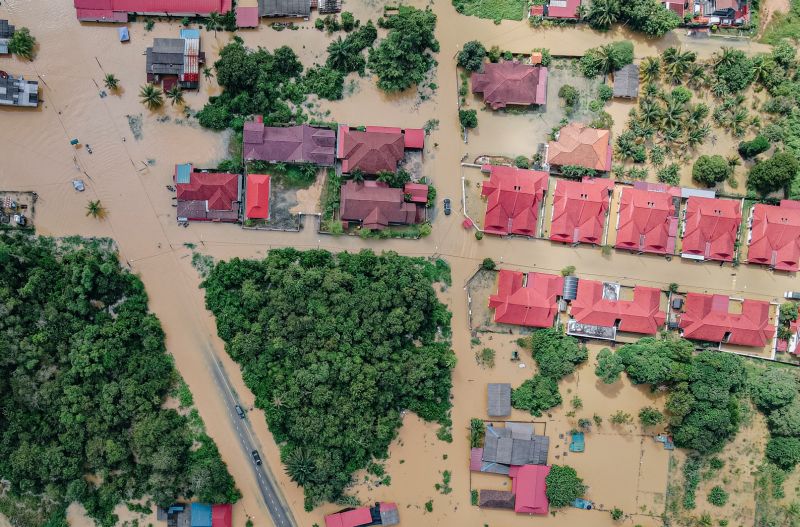To protect your home against floods, it’s best to determine the likelihood of flooding in your home or region. According to FEMA or The Federal Emergency Management Agency, 50 states in the U.S. experienced flooding in the past five years. However, you should note that natural disasters are not the only cause of flooding. To reduce the flood damage risk in your home, below are some of the things you can do.
1. Close foundation cracks
If you ignore foundation cracks, it could worsen water damage when a flood happens again. Cracks on your wall allow cold air and moisture to infiltrate your home, damaging the floor and wall materials. It could also ruin your home’s electrical system and introduce mold spores within your abode. What’s even worse is that foundation cracks could weaken your home’s integrity and could cause it to collapse.
To prevent further damage, use hydraulic cement or masonry and mortar caulk to close foundation cracks. These solutions are cheap and easy to apply. However, don’t rely solely on cement or mortar, as they may crack again. Read more about flood damage repair and other long-term solutions if your home is prone to flooding. The team from 24/7 can also help you prepare an emergency plan in case of a flood.
2. Install septic or sewer line check valves
These valves lead wastes in one direction. You can either install each check valve on your own or with the help of a professional installer to make sure that sewage won’t add into the stagnant water in your home. Make sure to mount the valve where it is easy to access in case of repair.
3. Anchor your fuel tanks
Unanchored tanks could rupture, float, and leak fuel during a flood. So, make sure to anchor them even before floods occur. Also, wrap water heaters, furnaces, and other system units once their power sources are disabled and are cooled. It helps reduce water damage.
4. Regrade your lawn with sand and clay
Rainwater could linger around your property when your lawn inclines towards it. You can use soil that includes sand and clay to regrade your landscape. It will direct rainwater into a street gutter or other appropriate places.
5. Invest in a sump pump powered by a battery
A battery-powered sump pump is among the best ways to protect your home against floods and the damages that come after it. This machine is often utilized to remove water from basements, an area of the house highly susceptible to flooding. In case of a power outage during a flood, a battery-powered sump pump could help you out.
6. Redirect your downspouts away from your building
When your downspouts are not appropriately positioned away from your home, they could collect water around your home. As a result, basement leaks could eventually appear.
Conclusion
Finally, you can protect your home against floods and the damages that come with it by following the tips discussed above. Aside from those, clearing the drains and gutters of your home also helps. You can even place sandbags where floodwater could come in.
Article Submitted By Community Writer




